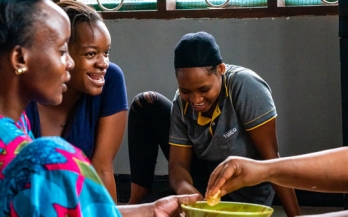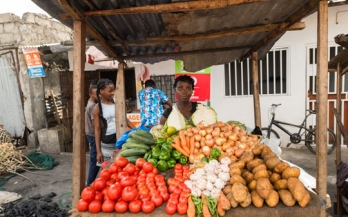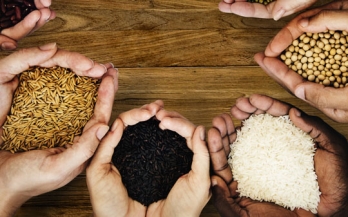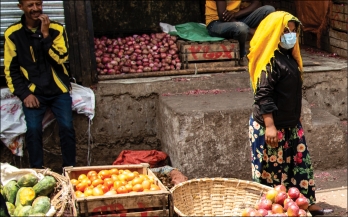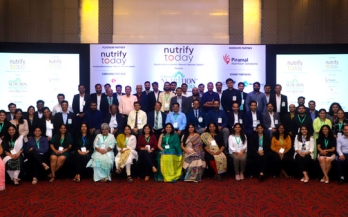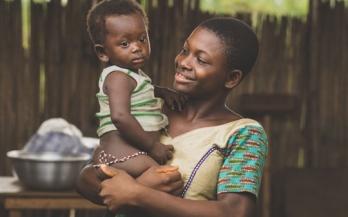In the follow up to the UN Food Systems Summit, national policymakers are building their food system transformation pathways to articulate their priorities and goals and how they will be achieved. This is genuinely exciting, and in our opinion is the most important legacy of the Summit process. But while minds have to be changed, so do means. Priorities have to be reflected in budget spreadsheets as well as in speeches if food system transformation is to happen.
Healthy and sustainable food must be made more accessible, available, and affordable for all by governments and the private sector. Additionally, COP27 must address a comprehensive food systems transformation, including a focus on healthy and sustainable diets.
This year's World Food Safety Day, we celebrate the World Health Assembly’s recent agreement to adopt the WHO Global Strategy for Food Safety.
G7 Development Minister’s communique and the Chair’s Summary – Session 5: "Response to Multiple Crises on the African Continent – focusing on Food Security". The Zero Hunger Coalition and Private Sector Pledge have received strong support from the Communiqué 'Achieving the Sustainable Development Goals in times of multiple crises' issued on 19 May 2022 by the G7 Development Ministers.
Today GAIN presents its statement on food safety to the 75th World Health Assembly taking place in Geneva. GAIN aims to make nutritious safe foods more desirable, available, and affordable for all. The new WHO global strategy for food safety launched today is an important milestone in linking the objectives of food safety, nutrition, and smart development, for if food isn’t safe, it isn’t food.
David Morgan, Senior Technical Specialist for Quality and Safety at GAIN, spoke on Intertek's Assurance in Action Podcast about the GAIN Premix Facility, what it is and how it works.
The UN Food and Agriculture Organisation estimates there will be up to 13.1 million more chronically undernourished people in the next year due to the war, while the World Food Programme predicts that between 33-47 million people will face acute food insecurity.
USAID has launched a new five-year program to improve food safety in Ethiopia. EatSafe: Evidence and Action Towards Safe Nutritious Food is a new program of United States Agency for International Development’s Feed The Future Initiative
On 28th - 29th April, GAIN presented our Biofortification work, and our programme on the Commercialisation of Biofortified Foods at the 7th Annual Nutrition Summit 2022. The objective of the talk was to sensitise the industry on biofortification, updates on policy and environment in India and most importantly, intrigue the private players – SMEs and larger businesses - for adopting biofortified foods as a product offering.
New analysis published today in the scientific journal Nature by global nutrition leaders, reveals that the war against Ukraine threatens to increase the number of malnourished people who have already suffered from reduced diets and health systems support due to COVID-19.




